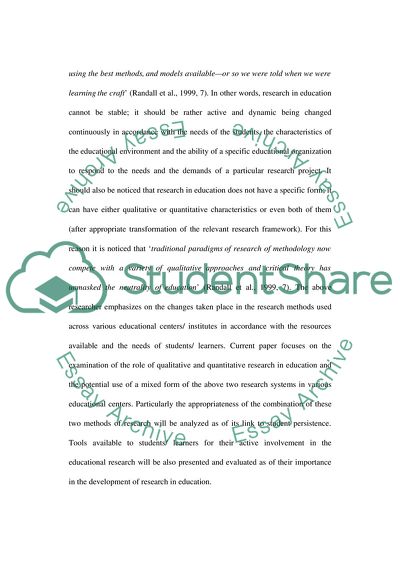Cite this document
(“The Role of Research Methods in Education Essay”, n.d.)
The Role of Research Methods in Education Essay. Retrieved from https://studentshare.org/education/1546868-educaton-research-methods-see-question-below
The Role of Research Methods in Education Essay. Retrieved from https://studentshare.org/education/1546868-educaton-research-methods-see-question-below
(The Role of Research Methods in Education Essay)
The Role of Research Methods in Education Essay. https://studentshare.org/education/1546868-educaton-research-methods-see-question-below.
The Role of Research Methods in Education Essay. https://studentshare.org/education/1546868-educaton-research-methods-see-question-below.
“The Role of Research Methods in Education Essay”, n.d. https://studentshare.org/education/1546868-educaton-research-methods-see-question-below.


